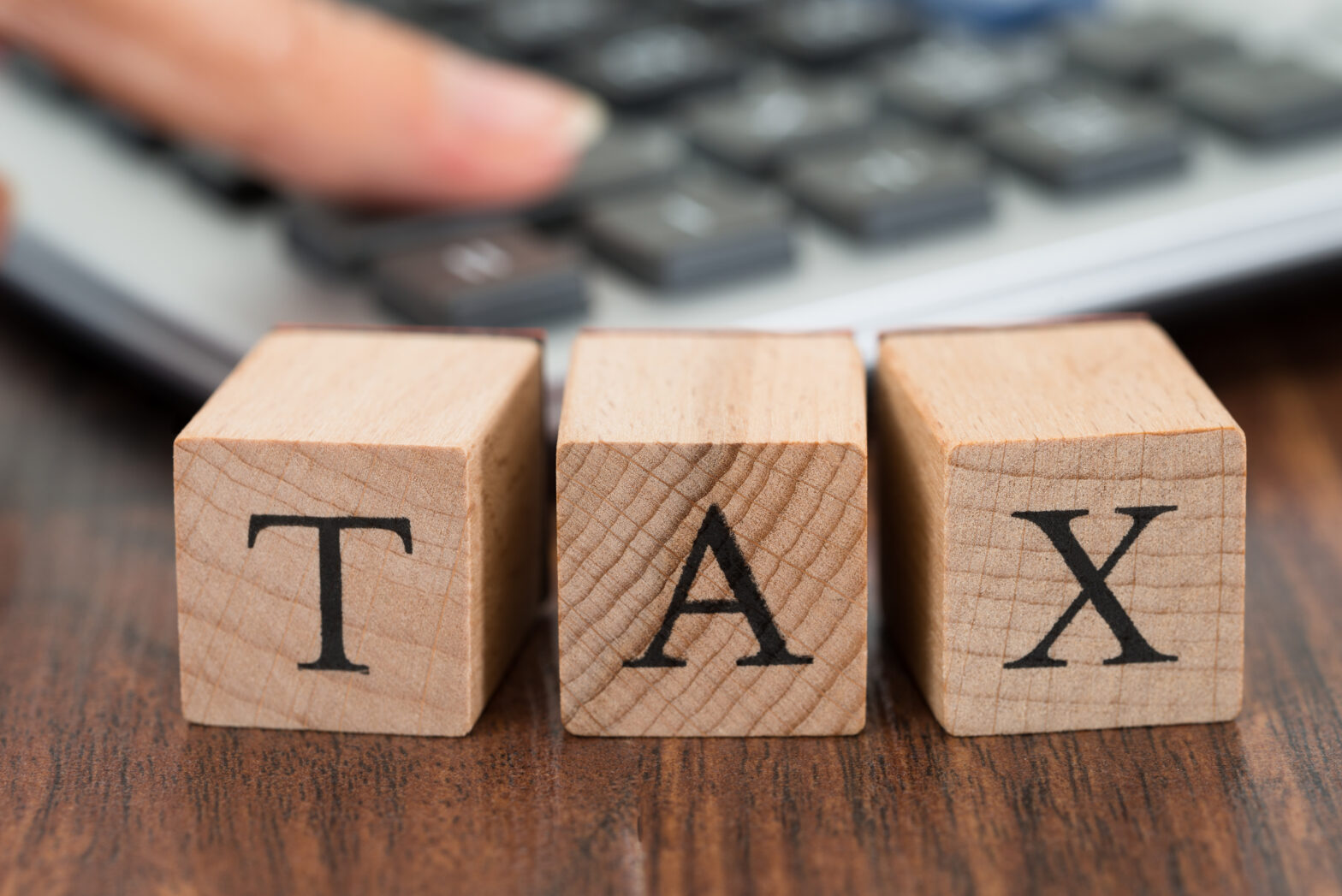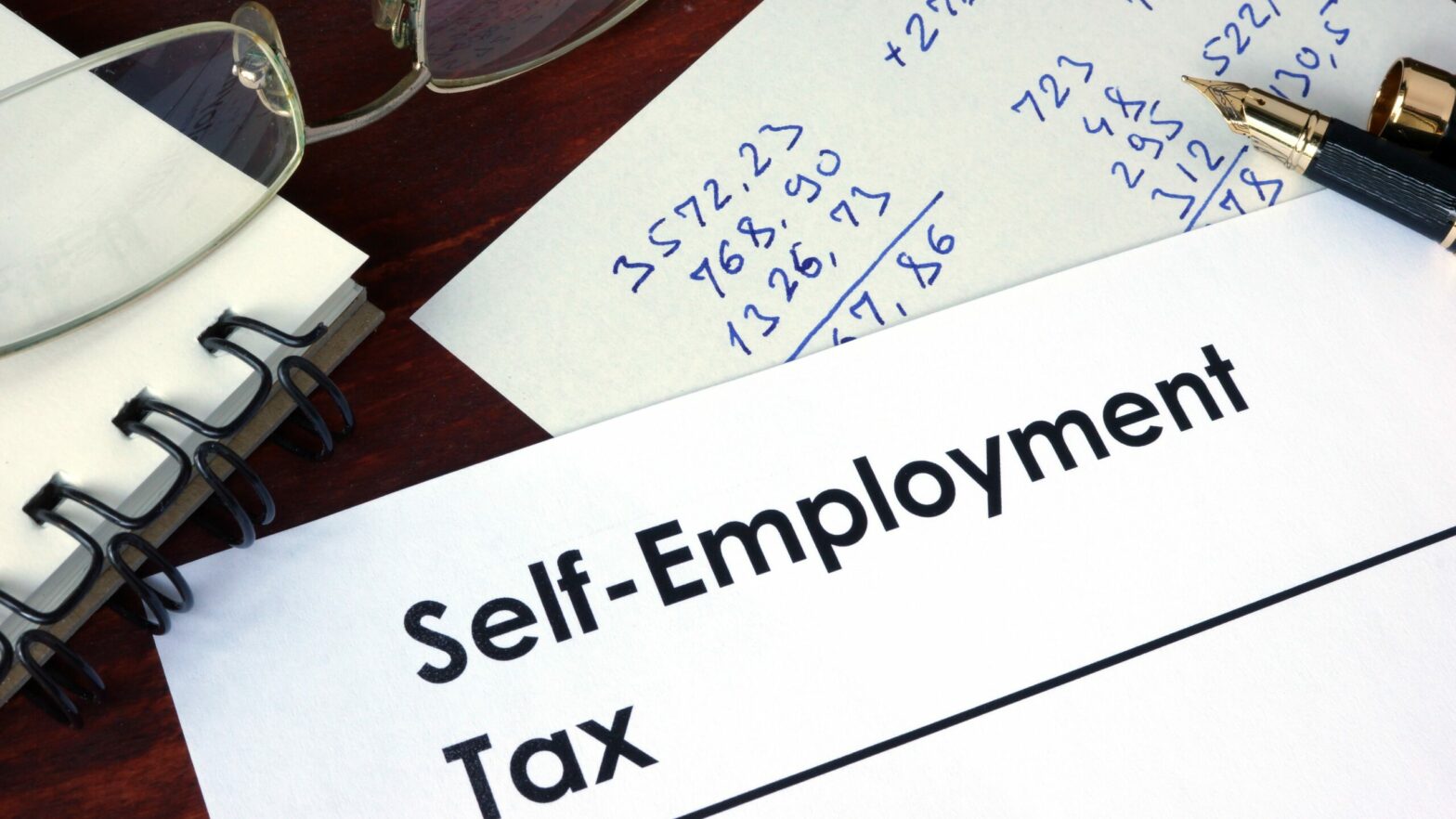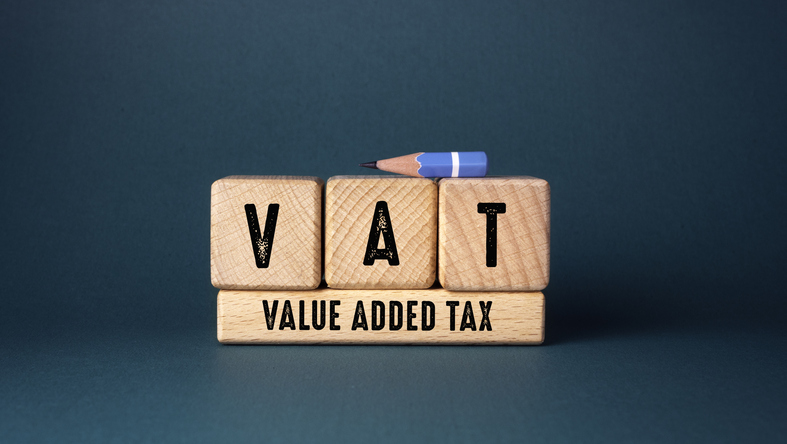Personal and corporate taxation can be a minefield for small business owners. The UK’s tax system is already one of the most complex in the world. This, coupled with often annual regulation changes, adds another layer of intricacy for business owners, especially when they have so many other things to do than worrying about tax planning.
But not understanding these tax changes means you could very easily end up paying more than they need to. Planning is the key to ensuring your business’ tax affairs are as efficient as possible, and that you as the owner manager can extract money out of your business in as tax advantageous a manner as possible.
The objective of tax planning is to use various strategies to help reduce your tax bill. Any tax planning strategies must also be compliant and legal, to ensure you don’t fall foul of tax legislation and run the risk of incurring any penalties and fines from HMRC.
Changing tax thresholds
The first thing to consider are any specific tax changes and how they may affect your current tax liabilities. Tax regulation changes are typically announced in either the Spring Budget or Autumn Statement, usually in advance of when they take effect, which is often in the following financial year, although this isn’t always the case.
For 2024, the most notable personal tax changes are that the tax-free allowance for capital gains tax (CGT) and dividends have been halved respectively. Alongside this, the pensions lifetime allowance (LTA) has been abolished and ISA rules have been made simpler. Plus, National Insurance (NI) has been reduced.
The UK’s tax system is layered and complex which makes it difficult to know exactly how changes could affect your business. So, whilst it’s good to be aware of tax changes, it’s better to work with a qualified accountant who will take this burden off you. Their work will ensure you know exactly how your business will be impacted and what strategies can potentially be implemented to reduce your exposure to further tax liabilities.
Types of tax businesses pay
Not all businesses pay the same taxes, but here is an overview of three main business taxes.
Corporation Tax
Most, if not all, business owners will be familiar with Corporation Tax (CT). If you operate through a Limited Company that is trading, you will be required to submit at least one CT return for each of your accounting periods. The main rate of CT is 25 per cent if your business generates a profit of £250,000 or more. Whilst businesses with profits less than £50,000 pay a main rate of 19 per cent. However, many businesses will turn a profit between these two thresholds. If this is the case for your business, you will pay a ‘tapered rate’ of CT between 19 per cent to 25 per cent, depending on the amount of profit generated.
Business rates
Business rates, sometimes called commercial rates, are a tax based on the occupation of a non-domestic property, such as a shop, warehouse, or office space. The amount paid is based on the rateable value of the property, as decided by the Valuation Office Agency (VOA).
The rateable value of a property is calculated based on the annual rent the property would make if it was let on the open market at a fixed valuation date. You then multiply your rateable value by the correct multiplier, which is set by the government.
Employers’ National Insurance Contributions
Businesses with employees must pay National Insurance Contributions (NICs) on their salaries. These are a type of social security contribution which provides benefits such as state pensions, unemployment benefits, and healthcare. They are only payable if earnings are above a certain threshold called the ‘secondary threshold’. For the current tax year, this is £175 per week, £758 per month, or £9,100 per year. There’s a lower threshold for employees under 21, apprentices under 25, and veterans.
Reducing your tax bill
Corporation Tax
Whilst paying some form of CT is somewhat unavoidable, there are things you can do to reduce how much your business owes. For example, you could claim Research & Development (R&D) tax credit. This was created to reduce the tax liability of businesses that are actively making improvements to existing processes or exploring new ideas, and initiatives, to encourage more innovation in the UK. Your business also doesn’t need to be profit-making to benefit.
There’s also the Annual Investment Allowance (AIA) to consider. This allows up to £1 million investment to be deducted from profits, ultimately reducing the amount of CT owed. AIA is available to businesses investing in plant and machinery, including IT equipment, office supplies, agricultural machines, and essential building infrastructure such as air conditioning units or lifts.
Business rates
There are several reliefs available that can reduce the amount of business rates owed. Small Business Rate Relief is available to businesses with a rateable value of less than £15,000, whilst enterprises based in the countryside can also benefit from Rural Rate Relief. Elsewhere, if your business owns a property that it is not currently using, Empty Property Relief is also available.
See also: What are business rates? A guide for small businesses – What are business rates, how much are they and do tenants have to pay them? Sophie Attwood of Colliers answers your questions
National Insurance Contributions
Businesses can claim up to £5,000 off their annual NICs bill through the Employment Allowance, if its overall NICs liabilities were less than £100,000 in the previous tax year.
Hiring strategies can also reduce a business’ NICs liabilities. For example, by hiring apprentices under 25, or by hiring under the Kickstart Scheme. Under this scheme, businesses hire young people (aged 16-24) who are claiming Universal Credit and the government covers their wages, NICs, and minimum pension contributions for up to six months.
Another option to consider is a salary sacrifice. In this instance, employees give up a portion of their salary in exchange for a non-cash benefit, such as pension contributions or childcare vouchers. But be aware, whilst this can reduce taxable income and therefore NICs, there are restrictions, and it can affect employee benefits too so this option should be discussed with a professional tax advisor.
This list is by no means exhaustive. However, it should give a good idea of the breadth of strategies that can be used to reduce tax liabilities. To ensure your business’ tax affairs are as efficient as possible, it’s best to work with a tax advisor. No two people’s circumstances are the same, so working closely with a tax professional means they can evaluate your unique position to offer tailored advice.
Final thoughts
There’s no escaping tax in its entirety, so waiting until the deadline is just weeks away only limits your ability to reduce the amount you’ll need to pay. The best advice is to start your tax planning early and contact a tax advisor to assist you in the process.
Ralph Hearn is partner at Wellers.
Further reading on tax
Digital tax is coming: What small businesses should expect – In this piece in association with KashFlow, we look at the upcoming digital tax regime and how it will affect small companies
Five tax breaks commonly overlooked by small business owners – Here, we look at some key tax breaks that could save your small company money
Boost your chances of getting R&D tax credits – despite the crackdown – Darryl Hoy explains what R&D tax credits are, how they’ve changed and how to increase your chances of success, despite the crackdown








